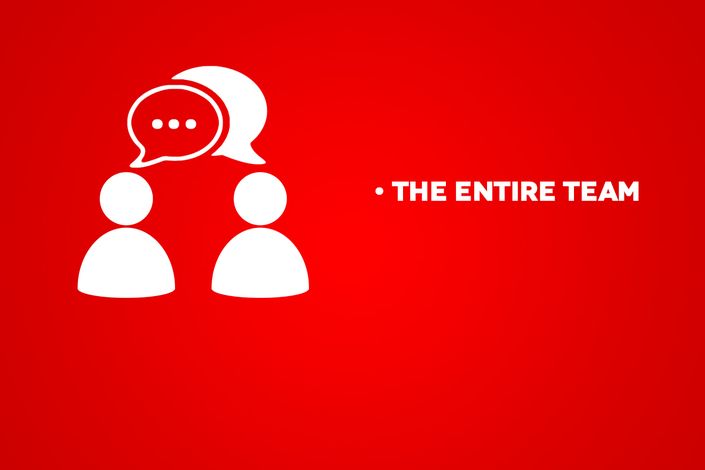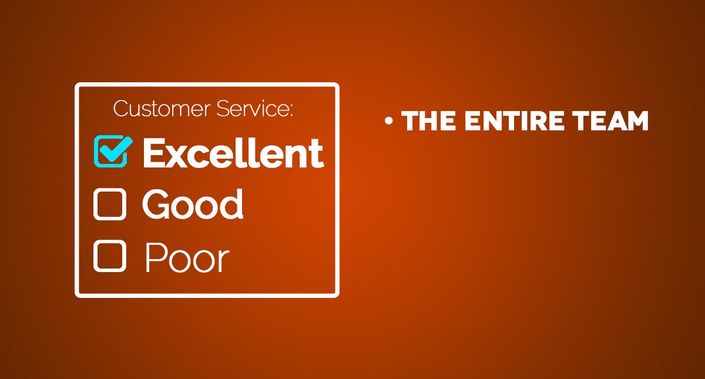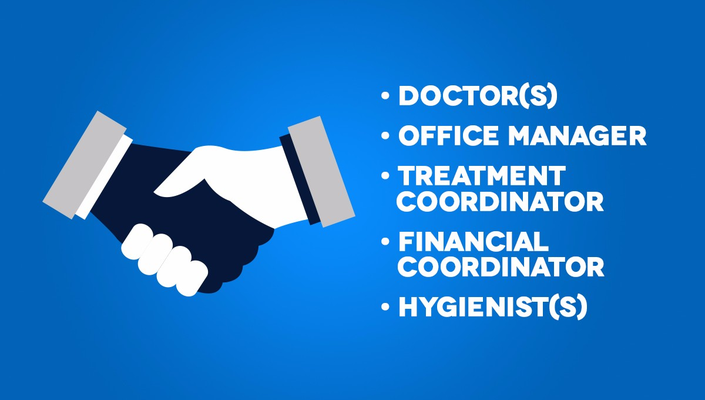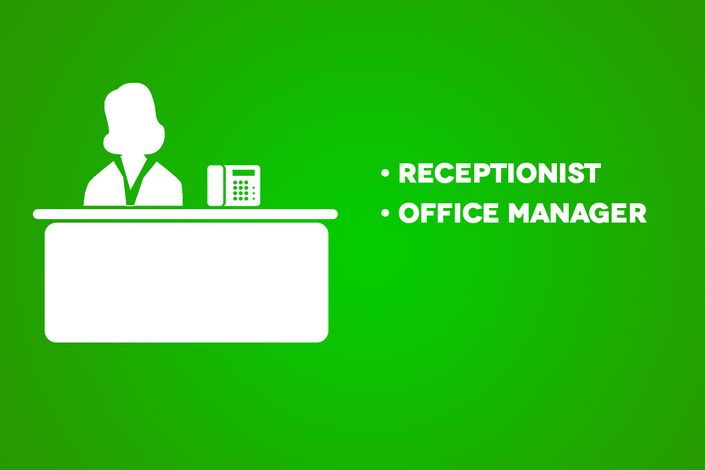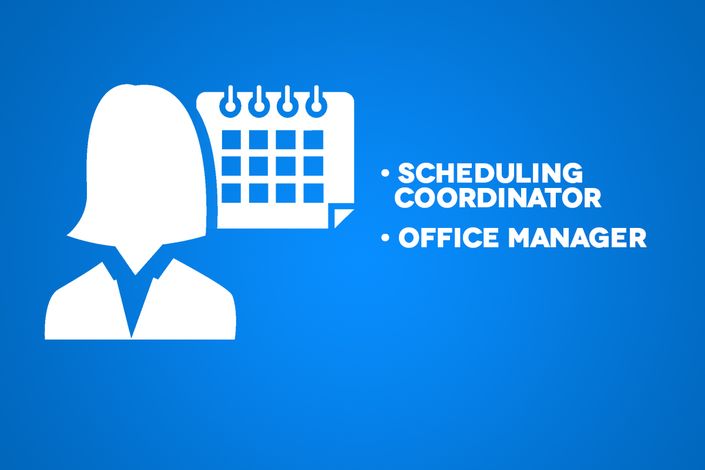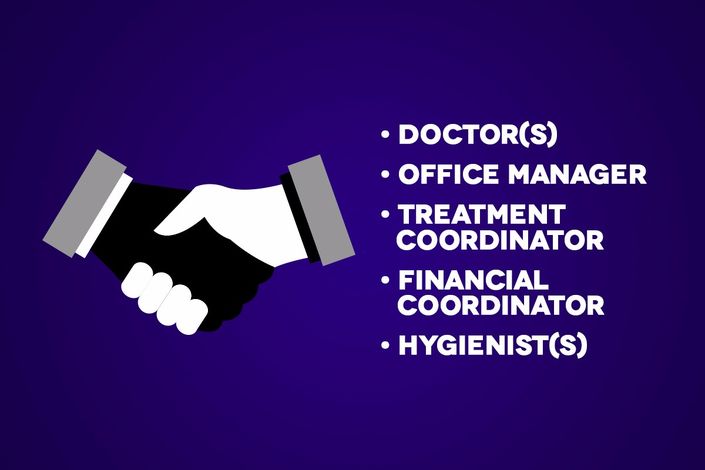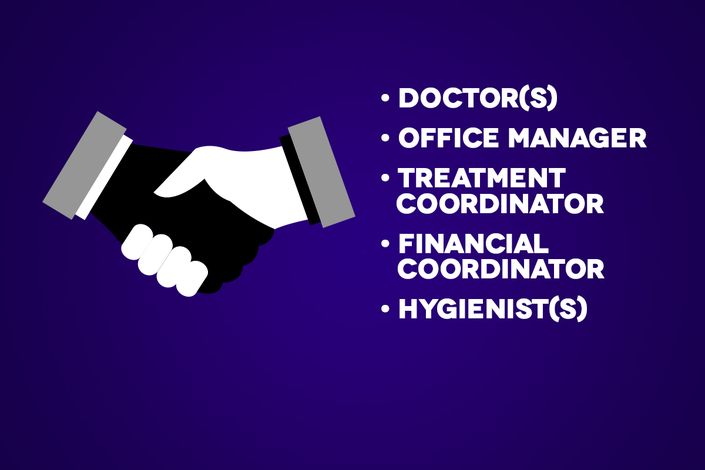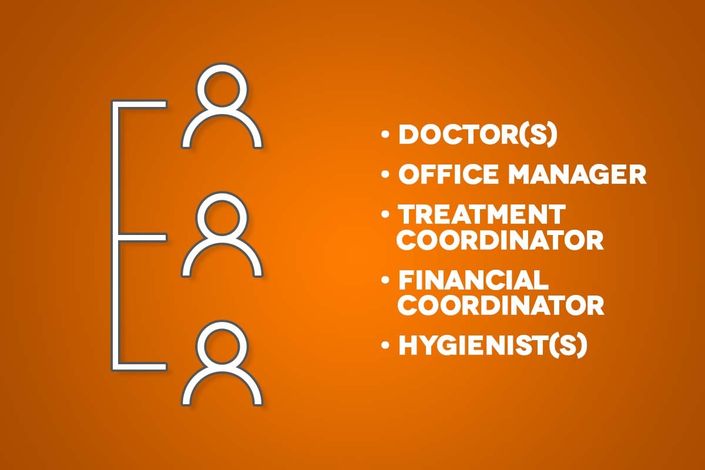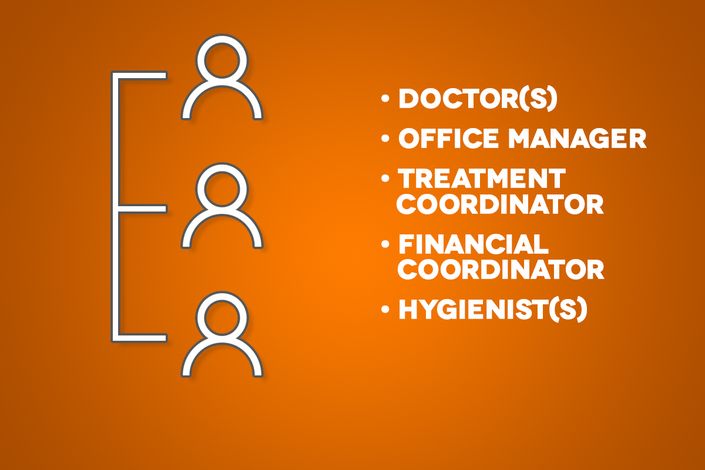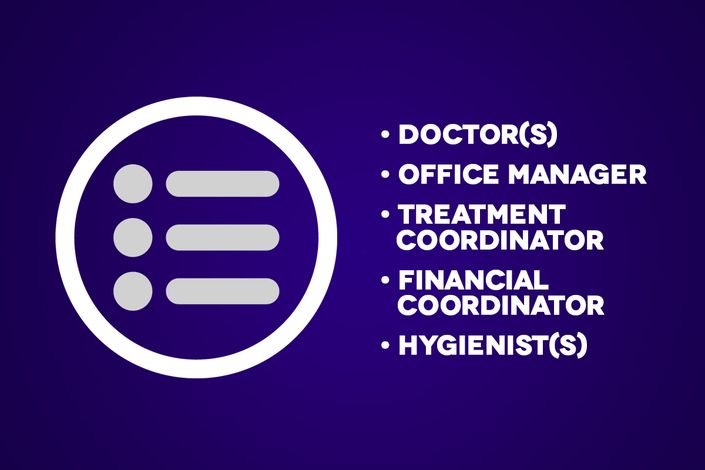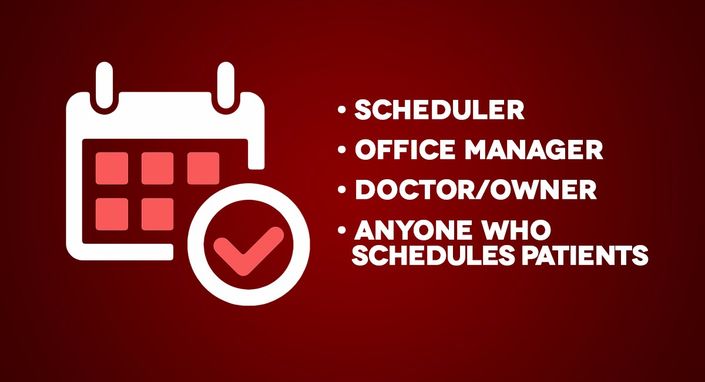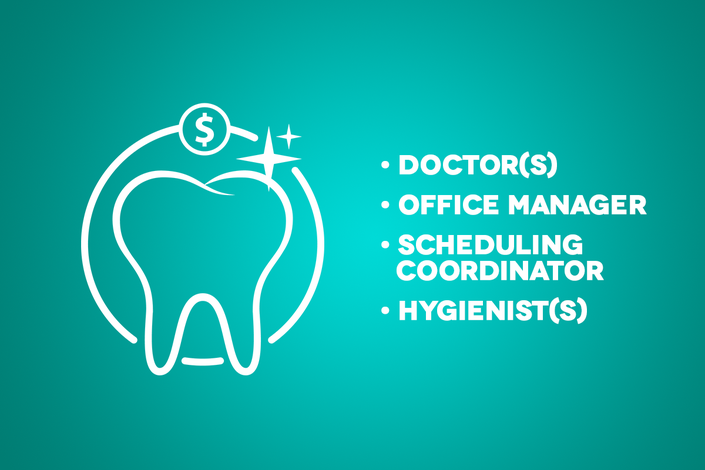
Office Manager Training
The Executive Behind The Scenes
The Office Manager is the driving force behind a well-organized, productive, and profitable practice. Acting as the CEO or COO of the office, they ensure everything runs smoothly while the doctor focuses on patient care. With the right training, an Office Manager can take the reins, ensuring goals are met, systems are implemented, and the team works in harmony to create a thriving practice.
Without a competent and well-trained Office Manager, the doctor risks being bogged down with management tasks or, worse, seeing the practice stall. A great Office Manager doesn’t just maintain order—they drive growth, streamline operations, and ensure everyone on the team is aligned and working toward shared goals.
Training Objective:
Prepare your Office Manager to lead the practice effectively by mastering operational oversight, team management, and performance monitoring to ensure a smooth-running, high-performing practice.
What Your Office Manager Will Learn
Master Operational Oversight:
- Take charge of key roles and responsibilities when needed:
- Reception
- Scheduling
- Financial coordination
- Treatment and case acceptance
- Monitor and analyze practice performance metrics to identify opportunities for growth.
- Design schedules to maximize production and efficiency.
- Ensure outstanding treatment plans are accepted and completed.
Drive Practice Growth:
- Build and maintain a profitable hygiene department.
- Improve patient retention and reactivation.
- Increase case acceptance rates and production.
- Implement internal and external marketing campaigns to boost new patient flow.
- Monitor key performance indicators (KPIs) to ensure practice goals are consistently met.
Lead and Manage the Team:
- Hire and onboard high-quality staff.
- Create and implement an organizational structure with clear role assignments.
- Ensure all employees are fully trained and performing at their best.
- Conduct employee evaluations to maximize productivity and growth.
- Oversee team meetings, including:
- Daily morning huddles to maximize production and case acceptance.
- Weekly staff meetings to align on goals and strategies.
- Coordinate team efforts throughout the day, providing support and troubleshooting issues as they arise.
Ensure Seamless Organization & Coordination:
- Collaborate with the doctor/owner to review KPIs and plan for growth.
- Ensure production levels meet daily, weekly, and monthly goals.
- Maintain accountability by ensuring each team member meets their individual quotas.
- Implement management systems and practice policies to maintain structure and consistency.
- Handle problems and resolve issues before they reach the doctor’s plate.
- Troubleshoot operational challenges to keep the practice running smoothly.
Enhance Communication, Customer Service, & Teamwork:
- Collaborate with the team to improve overall communication and coordination.
- Leverage additional training paths for enhanced customer service and case acceptance skills.
Additional Guidance
The Office Manager’s role is integral to the success of the practice. This training path ensures they have the skills and knowledge to not only maintain operations but also drive growth and profitability. For further development, explore additional training paths designed for team-wide success.


